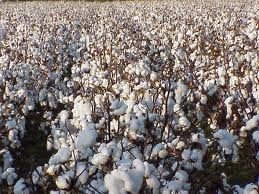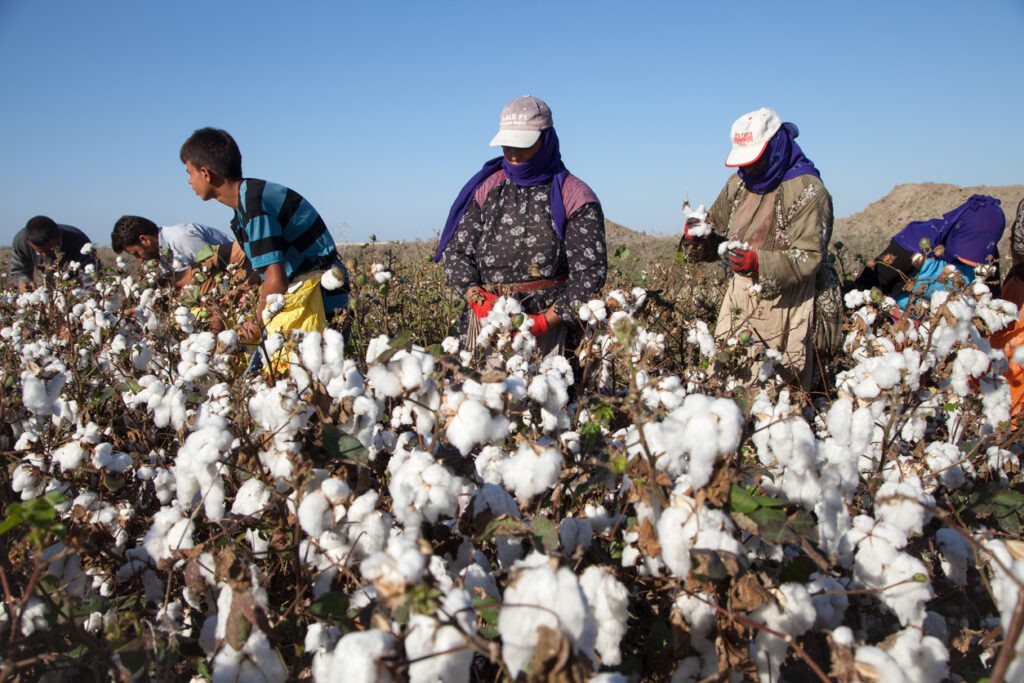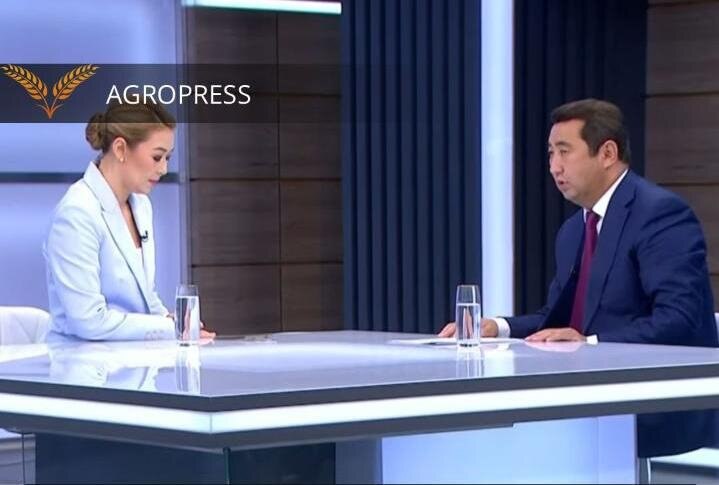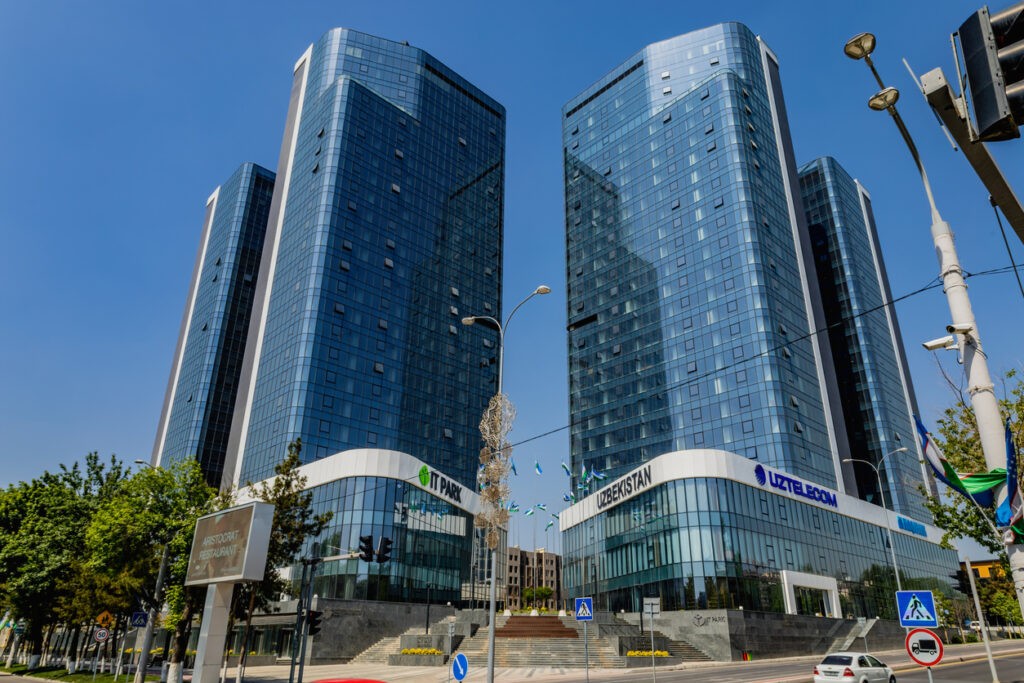TASHKENT (TCA) — Uzbek civil society activists on behalf of more than 140,000 people from around the world on March 9 in Washington, DC presented a petition to World Bank President Dr. Jim Yong Kim, calling on the Bank to suspend lending to the agriculture sector in Uzbekistan until the Uzbek government changes its policy of forced labor in the cotton industry, said the Cotton Campaign, a global coalition of labor, human rights, investor and business organizations coalesced to end forced labor of children and adults in the cotton sector of Uzbekistan.
The cotton industry today in Uzbekistan is flawed at its core, as documented in the report released on March 9 by the Uzbek-German Forum for Human Rights (UGF). The report presents findings from monitoring of human rights in the cotton sector throughout 2015. Extensive government documents, interview and field reports confirm the government once again forced no fewer than one million Uzbek citizens to pick cotton for the benefit of government elite. Every autumn for decades, the Uzbek authorities have forced people of different professions, including teachers and nurses, to work in the cotton fields under threat of dismissal and other penalties.
The World Bank has allocated loans for the development of agriculture in Uzbekistan totaling half a billion dollars. The Uzbek government’s use of forced labor violated its contracts with the World Bank, which required the government to abide by its own labor laws – including laws that ban forced and child labor – in the areas where the World Bank projects were to operate, the Cotton Campaign said in a statement.
“As part of its agreement with the World Bank, the Uzbek government allowed the International Labour Organization (ILO) to conduct monitoring of forced and child labor in the 2015 cotton harvest. Though we have concerns about the adequacy of the ILO methodology to document the full scale of forced labor, the ILO monitoring report found: (1) the practices of officials responsible for meeting cotton quotas did not change; (2) there were indicators of forced labor related to widespread organized recruitment of adults to pick cotton; and (3) public-sector workers in the education and health-care sectors were compelled to contribute labor or payments,” the statement said.
To hide its use of forced labor, the Uzbek government physically assaulted, detained and fabricated charges against human rights monitors while they documented forced labor in the cotton sector. Police arrested activists Elena Urlaeva and Malohat Eshankulova and subjected them to body-cavity searches. Police repeatedly detained, beat, and brought charges against Dmitry Tihonov, eventually forcing him into exile, the statement adds.
The World Bank declares that one of its main missions is to reduce poverty in developing countries, but the cotton production system in Uzbekistan is a main driver of rural poverty in the country, the Cotton Campaign said, urging the World Bank to address the roots of forced labor and corruption in the agriculture sector in Uzbekistan. “As long as the system of cotton production is not reformed, loans will not further real economic development in Uzbekistan,” the statement concludes.









